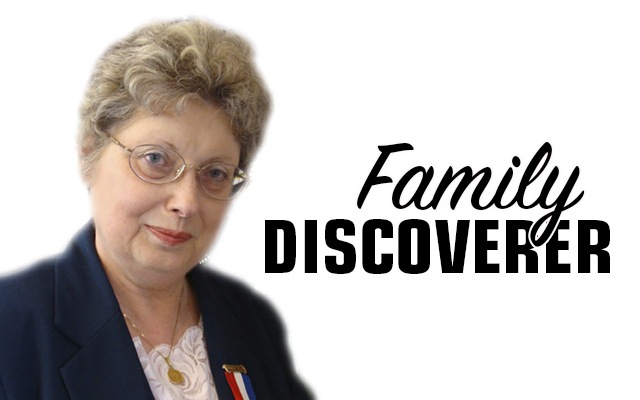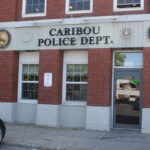A reader recently asked for advice on locating records from England. He’d found numerous family trees online, but he was skeptical that they could be trusted.
He’s right, of course. Many posted online trees are inaccurate, don’t list sources so can’t be verified, or seem “too good to be true.” A genealogist needs to use online trees as clues only until the records can be located and checked.
This isn’t to say that people who submit family trees deliberately try to lead researchers astray, but we all make mistakes when transcribing or even accidentally follow the wrong family line. I always recommend trying to duplicate the information you find and verify its accuracy.
Most of us in New England have English ancestry. When researching your English ancestors, do all you can in American resources first. Mine each document for all clues, however minor. It’s possible you’ll find leads as to your English ancestral home. Don’t neglect checking the indexes of published journals such as The American Genealogist.
When you’ve exhausted the American records, where do you go from there?
Start with Cindy’s list (cyndislist.com), categories and then the United Kingdom. There’s an English section which lists topics such as vital records, blogs, counties (includes lists of county resources), immigration, military and many others.
One thing to be aware of is that England’s county lines have changed over the years, so when you’re searching for an ancestral record, keep in mind a neighboring county may host the town or city you’re searching for. Also, town names may have changed over the years or even merged with another town.
Familysearch.org also offers advice and links to researching English ancestors. If you don’t have a free account, you can easily sign up for one. To search what they have for England, go to Research, Wiki, England and scan through the articles and lists. I checked and found they offer the censuses, Poor Law Records, probate court, and record finders, among others.
Two fee-charging sites also contain material on England. These are Ancestry.com and My Heritage. Both have some English records, and you can sign up for a brief membership for a small fee or even ask for a free trial. When you have to pay to use a research site, being well prepared with as much knowledge as possible saves you time and money.
Don’t neglect blogs on English researching, either. These can offer you tips and describe resources you may not know about. Nothing beats a good local expert to help you find your way.
You’ll also encounter other English sources as you search. Check any that require a fee carefully before whipping out your credit card. You want to be sure these sites cover the kinds of records you’re seeking. But be aware there are dozens of useful resources out there.
I wish you luck and hope you find your familial home.
Columnist Nancy Battick of Dover-Foxcroft has researched genealogy for over 30 years. She is past president of the Maine Genealogical Society, author of several genealogical articles and co-transcribed the Vital Records of Dover-Foxcroft. Nancy holds an MA in History from UM and lives in DF with her husband, Jack, another avid genealogist. Reader emails are welcome at nbattick@roadrunner.com.








